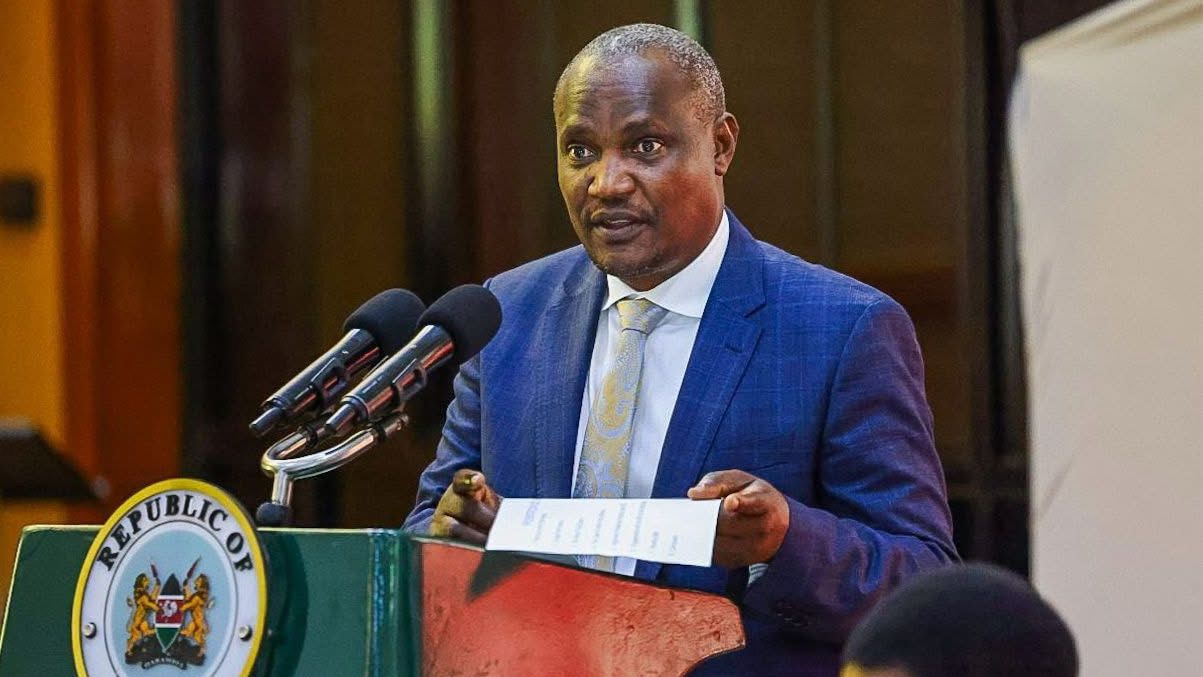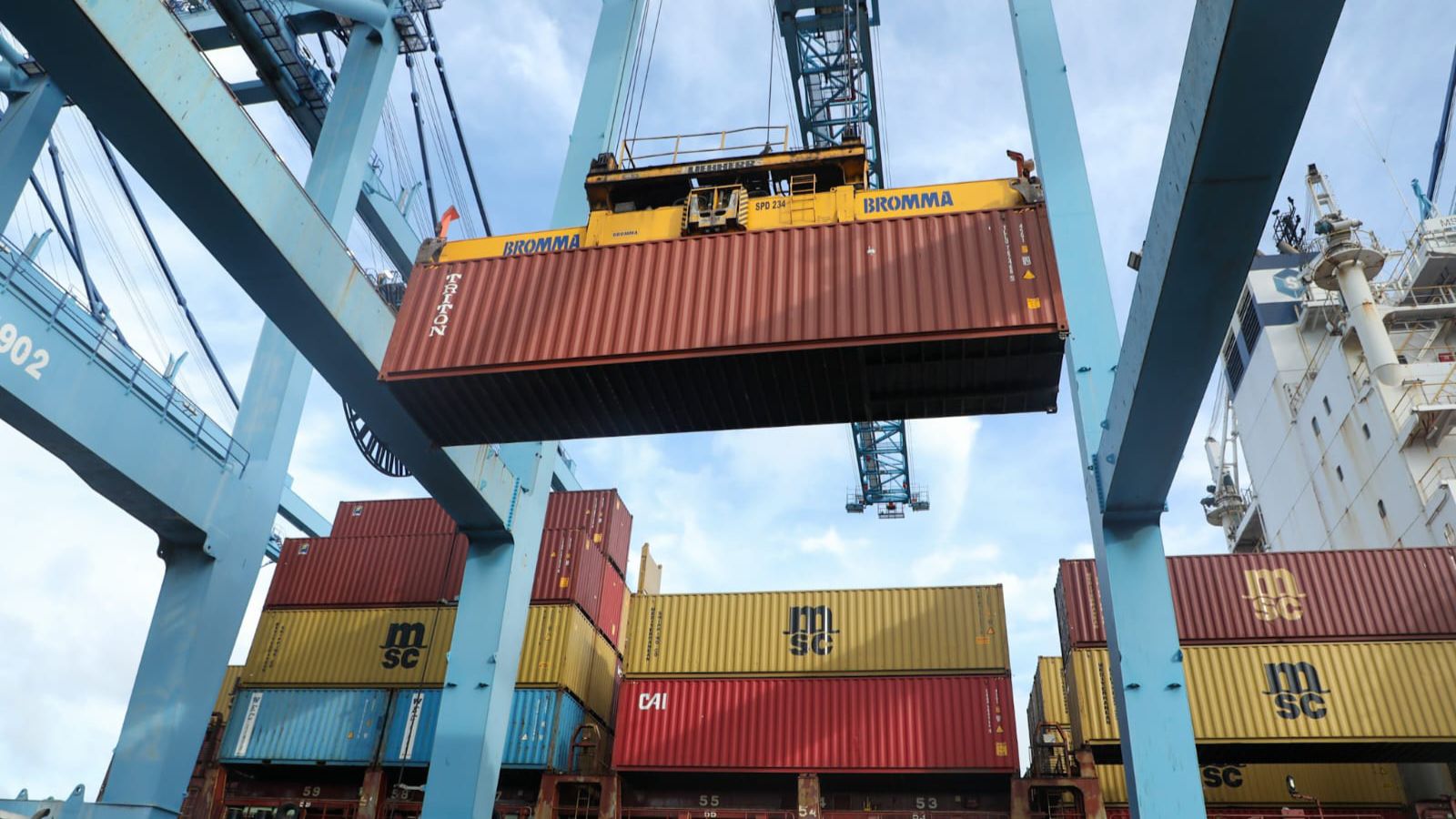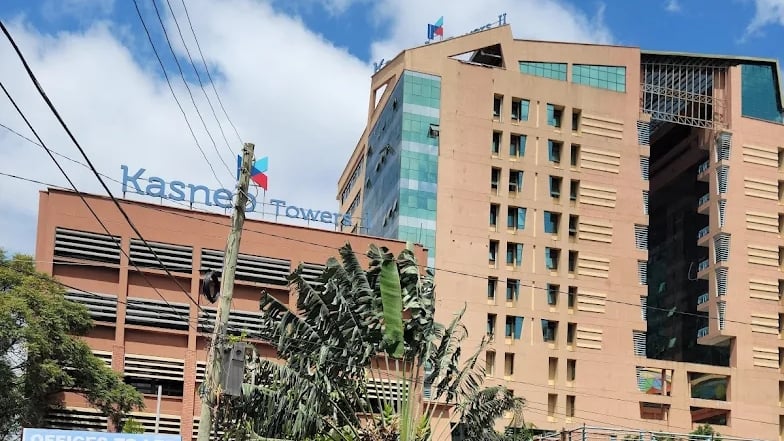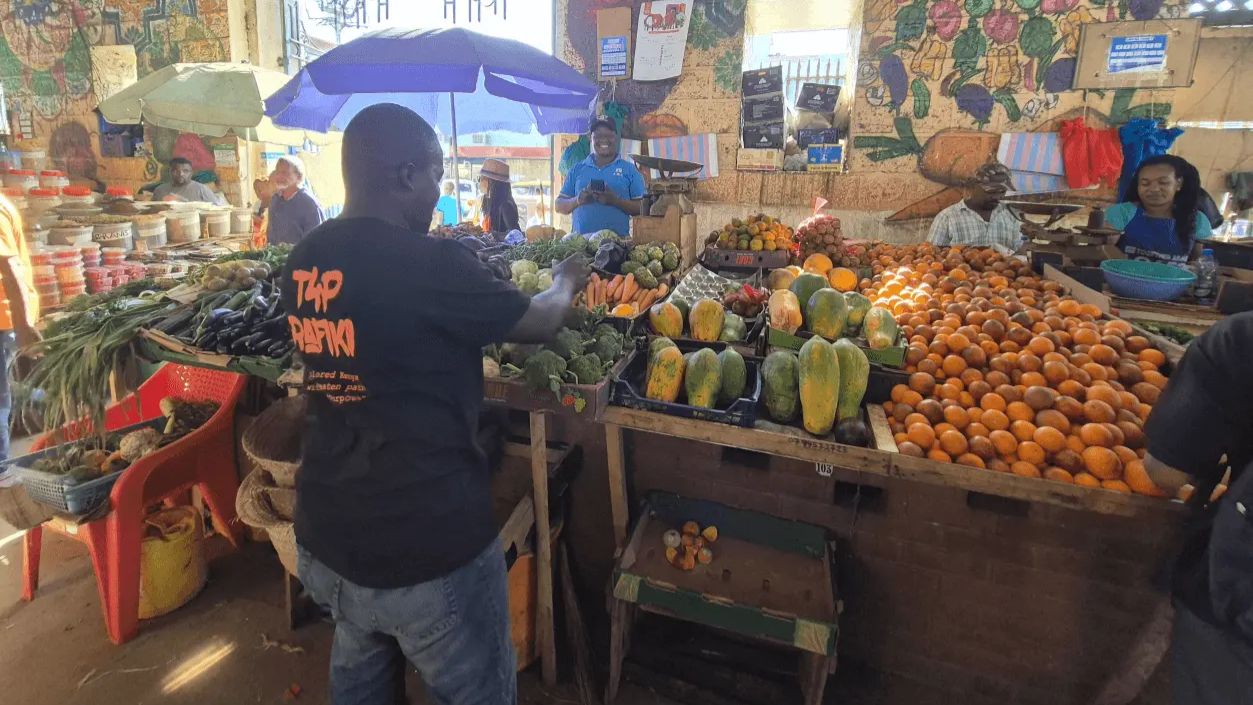The World Bank has unveiled a comprehensive five-point economic reform plan for Kenya, with state-owned enterprise (SOEs) privatization featuring prominently among measures designed to boost growth and create quality jobs.
In the Africa's Pulse Report released on Tuesday, October 7, the international financial institution outlined a sequenced reform strategy that combines fiscal policy, governance measures, and structural changes to simultaneously tackle the country's debt challenges while delivering inclusive economic growth.
The report, the World Bank's 32nd biannual economic update for Sub-Saharan Africa, devotes a special focus to Kenya as a case study for implementing policy packages that can transform the region's economic trajectory and address the mounting jobs crisis facing the continent.
According to the report, Kenya's Public Finance Review proposes five interconnected policy packages designed to exploit complementarities among different fiscal and structural actions while strengthening the country's social contract.
The first package focuses on strengthening governance to rebuild trust in government, to help restore public confidence in state institutions, and create an environment where subsequent economic reforms can gain citizen support and succeed.
Read More
Secondly, fiscal reforms to boost competitiveness and support the implementation of the African Continental Free Trade Area (AfCFTA).
Focusing on one entity that has long been at the centre of public debate, the institution addresses the contentious issue of state-owned enterprises, recommending the privatization of SOEs that operate in competitive sectors while enhancing governance in other areas.
Subsequently, the World Bank targets inefficient and inequitable subsidy programs, proposing reform to implement more targeted support for the poor.
The last proposal is to leverage fiscal resources from property taxation and repurposing existing resources to transform cities into production hubs that create more and better jobs.
The report suggests a three-phase implementation approach.

In the first phase, Kenya should implement fiscal and governance measures to restore budget credibility, build public trust, and ensure fiscal sustainability.
The second phase involves deploying a combination of fiscal, governance, and structural measures to deliver productivity-driven growth, quality jobs, equity, and increased fiscal space.
The final phase focuses on mobilizing additional resources to fund efficient public services sustainably, especially in critical sectors like health and education.
The recommendations for Kenya come against a backdrop of modest regional economic recovery.
Sub-Saharan Africa's economy remains resilient, with growth projected to reach 3.8 percent in 2025, up from 3.5 percent in 2024, according to the press report released in Washington on Tuesday.
The World Bank warned that downside risks loom large, including the indirect effects of global trade policy uncertainty, declining investor appetite, and a shrinking pool of external finance, including declining official development assistance.
A central concern highlighted in the report is that the pace of growth remains insufficient to meaningfully reduce extreme poverty or create the quantity and quality of jobs needed to meet the demands of a rapidly growing labor force.
"Over the next quarter century, Sub-Saharan Africa's working-age population will grow by more than 600 million," said Andrew Dabalen, World Bank Chief Economist for the Africa Region. "The challenge will be matching this growing population with better jobs, given that only 24 percent of new workers today land wage-paying jobs. A structural shift toward more medium and large firms is essential to generate wage jobs at scale."
Africa is experiencing the world's largest and fastest demographic shift, and the report emphasizes that countries must accelerate growth that delivers high-quality jobs to harness this demographic opportunity rather than face it as a crisis.





-1771737995.png)



-1772458092.jpg)
-1772456632.png)
